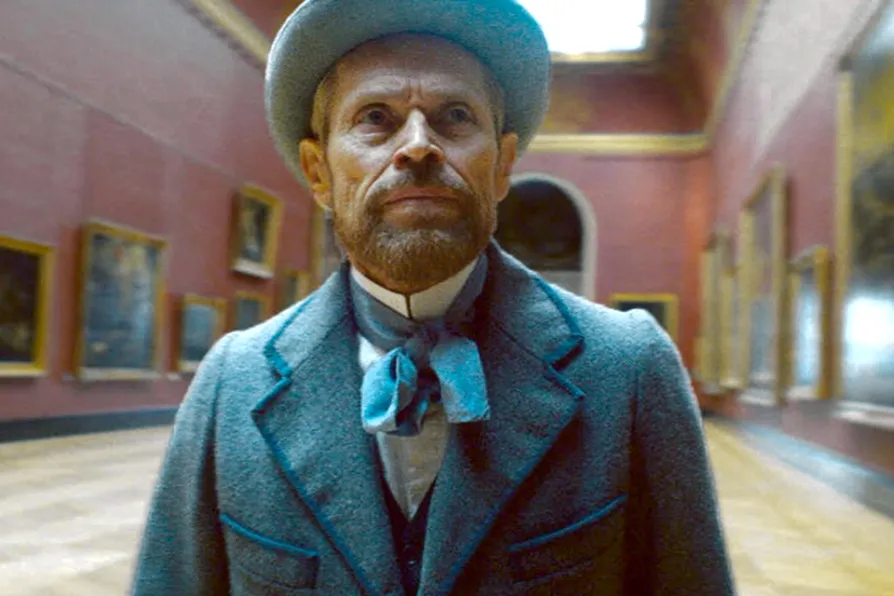New releases from The Orb, Meredith Monk, and Marconi Union


“MAYBE God made me a painter for people who aren’t born yet,” Willem Dafoe’s Vincent van Gogh confides to a quizzical priest (Mads Mikkelsen) in this film set during the last two years of Van Gogh’s existence in Arles and Auvers-sur-Oise in France.
This no straightforward in-depth biography but a painterly film from co-writer and director Julian Schnabel that attempts to show what it was like to be the painter and walk in his shoes.
As the poor and struggling artist traipses through the French countryside, he attempts to be at one with nature and capture the glorious sunlight.

MARIA DUARTE and ANGUS REID review Friendship, Four Letters of Love, Tin Soldier and The Ballad of Suzanne Cesaire

MARIA DUARTE recommends the creepy thrills of David Cronenburg’s provocative and macabre exploration of grief












